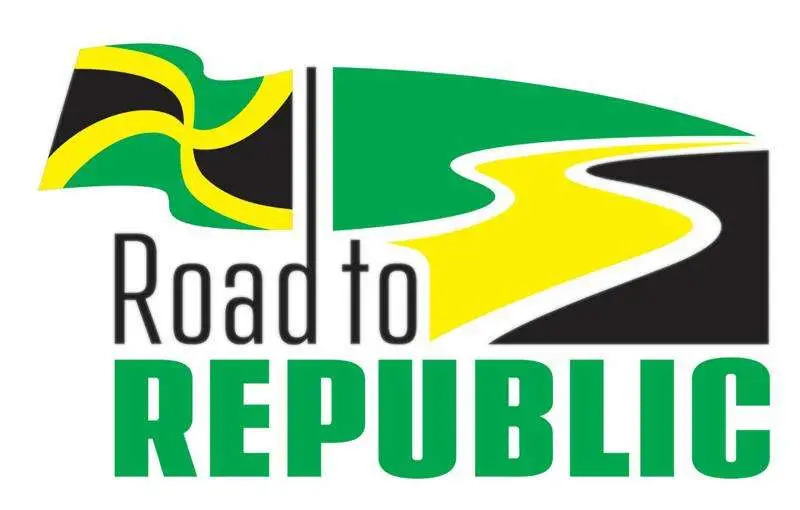
Malahoo Forte pushing for simpler language in Jamaican laws
MINISTER of Legal and Constitutional Affairs Marlene Malahoo Forte has accepted that the complex language used in much of Jamaican legislation is a problem and has vowed that she will be working to simplify the way laws are written, without compromising what is conveyed.
According to Malahoo Forte, while laws should be easily understood they are also technical, and a balance has to be struck between the two imperatives.
“If our goal is to ensure that we have a law-abiding society, then the laws must be easily read, easily understood, easily enforced and implemented,” declared Malahoo Forte at a recent Jamaica Observer Monday Exchange.
She said her ministry has already set a goal of writing laws in a manner that they can be more easily understood.
Malahoo Forte pointed out that the drafters of Jamaica’s laws are trained to give effect to the instructions they get on policy, which means it will take some time to see policy reflected in simpler terms.
“From what I see so far, it is going to be a long work…to get the drafting to the place where we have the simplification that is required. Bearing in mind that not everything can be simplified for the layman, what we have to do is to educate the layman so that they can understand,” added Malahoo Forte.
The minister, who co-chairs the Constitutional Reform Committee, which is mandated to play a key role in ensuring Jamaica’s smooth transition to a republic, cautioned against the perception that those in the legal fraternity, including parliamentarians and drafters, may be holding fast to British legalese for their own reasons.
“I wouldn’t want to frame the issue in a divisive way of hanging on to anyone’s coattail. What is the goal that we are seeking to achieve? To ensure that non-lawyers [and] ordinary Jamaicans who have the will and industry to pick up the law and read it, understand it.
“Bear in mind that the level of literacy and understanding in the society varies and so if we are to reach everyone for understanding then we have to get it to their level,” Malahoo Forte told Observer editors and reporters.
She added: “What I have learnt is that what is simple to me, may be so complicated to other people. We are in a state of learning, so I’m in favour of putting new laws through a JSC (joint select committee of Parliament) process. I find it very useful, because of how laws are made.”
Malahoo Forte pointed to the limited number of drafters in the Office of the Parliamentary Counsel as one of the constraints facing the country.
“It’s a highly technical skill. We don’t have enough drafters. They are not English trained drafters, they are trained within the wider Commonwealth because of the system of law,” added Malahoo Forte.
“The approach that my ministry has taken, given that I have experience in the court…is really to look at the law and to see how user-friendly it is, and if I ever tell you the difficult exchanges between me and the drafters because, everybody protects their territory.
“Ultimately, I am the one who will vote to pass it, and if I take it to the constituents and they tell me it’s too difficult or too complex to read, it’s a problem. So it’s a process of adjustment,” said Malahoo Forte as she declared that she is encouraged by the understanding in her ministry that laws have to be drafted differently.
In the meantime, member of the Constitutional Reform Committee retired Judge Hugh Small told the Monday Exchange that the issue of the language of Jamaican legislation has been raised in discussions at its meetings.
“The style of drafting Jamaican laws was inherited from the British traditions,” noted Small.
He added: “Even the British have recognised the need to move away from that, but we are lagging way behind. It’s accentuated by the fact that it is only now that we are realising that official speak doesn’t always convey the meaning that officials want the public to have”.
According to Small, it should not be anticipated that the ongoing work on constitutional changes will lead to a break-away from the tradition of writing laws in complex language as this requires a much deeper conversation and commitment, “to start to speak simply”.
Pointing to the simple language used in the American Constitution, Small argued that law enforcement in the Jamaican society has been made more difficult as a result of the complexity of the language used.


























